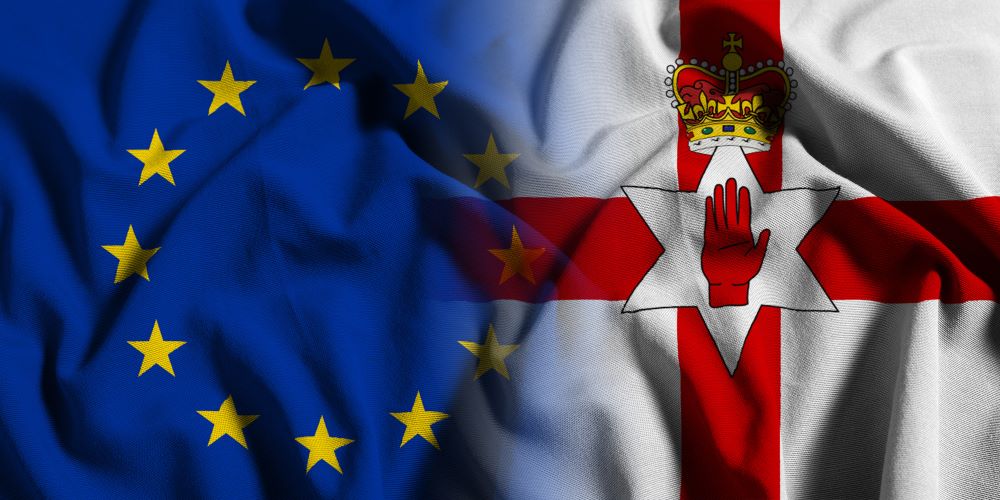
The US has urged the UK and the EU to find a compromise over the Northern Ireland Protocol after Boris Johnson confirmed that he was prepared to tear it up.
Asked whether he would proceed with his vow to introduce new legislation to allow the protocol to be side-lined, the PM said: “Of course. That goes without saying.”
The FT reports comments from the US State Department that the country’s priority was to protect the “gains” of the Good Friday peace agreement and urged both parties to “continue engaging in dialogue to resolve differences and bring negotiations to a successful conclusion”.
‘Preserve peace and stability’
“The best path forward is a pragmatic one that requires courage, co-operation and leadership,” a spokesperson added.
Richard Neal, Democrat chair of the Ways and Means Committee and Co-Chair of the Congressional Friends of Ireland Caucus, released a statement regarding the proposed legislation.
“Preserving peace and stability on the island of Ireland is essential. Undoing the Northern Ireland Protocol could compromise the facilitation of post-Brexit trade between the UK and the European Union. The progress achieved thanks to the Good Friday Agreement should be maintained,” it said.
New legislation
As previously covered in the IOE&IT’s Daily Update, reports emerged last week that the government was looking to introduce a Norther Ireland bill to override the protocol.
The Biden administration has long warned that the Good Friday Agreement, which ushered in peace on the island of Ireland, must not be undermined by post-Brexit trade disputes.
Article 16 of the protocol already gives the UK or the EU the right to introduce “safeguard measures” if the deal is causing serious difficulties.
But a new UK law would go much further than that, giving UK ministers broad discretion and reduced risk from legal challenge, the BBC reports.
Stormont consent
The law could, for example, give ministers the right to disregard the outcome of a Stormont consent vote on the protocol.
Under the current deal, Stormont Assembly gets to vote every four years on whether the main provisions of the protocol should continue.



